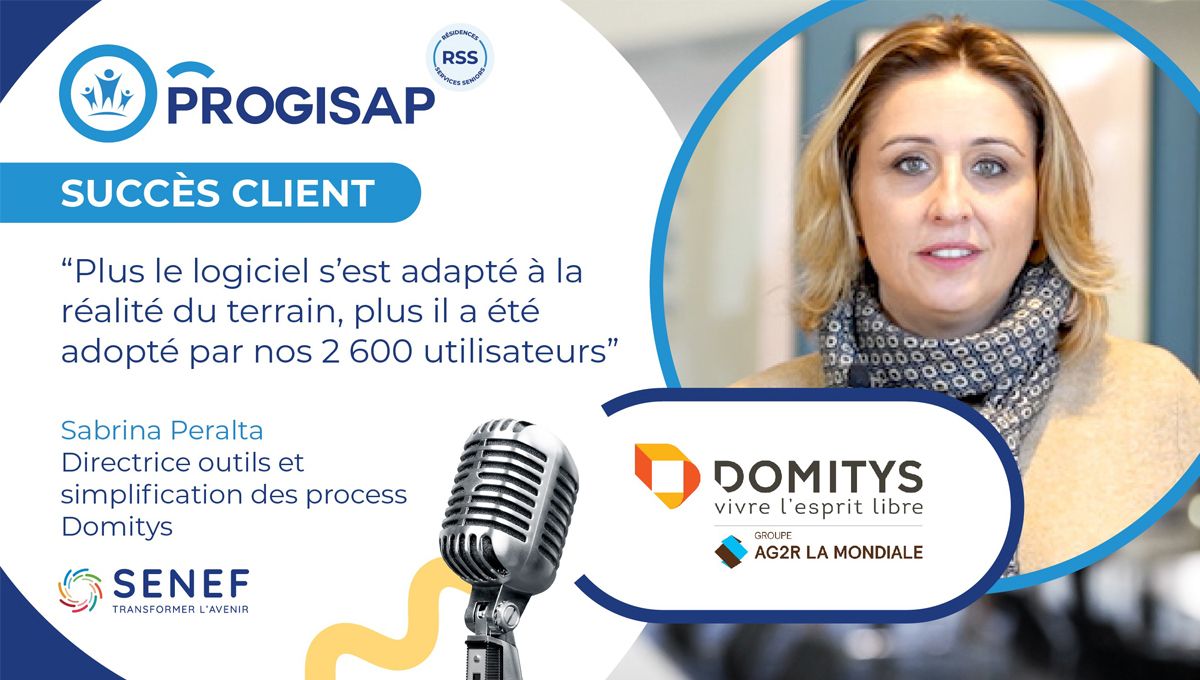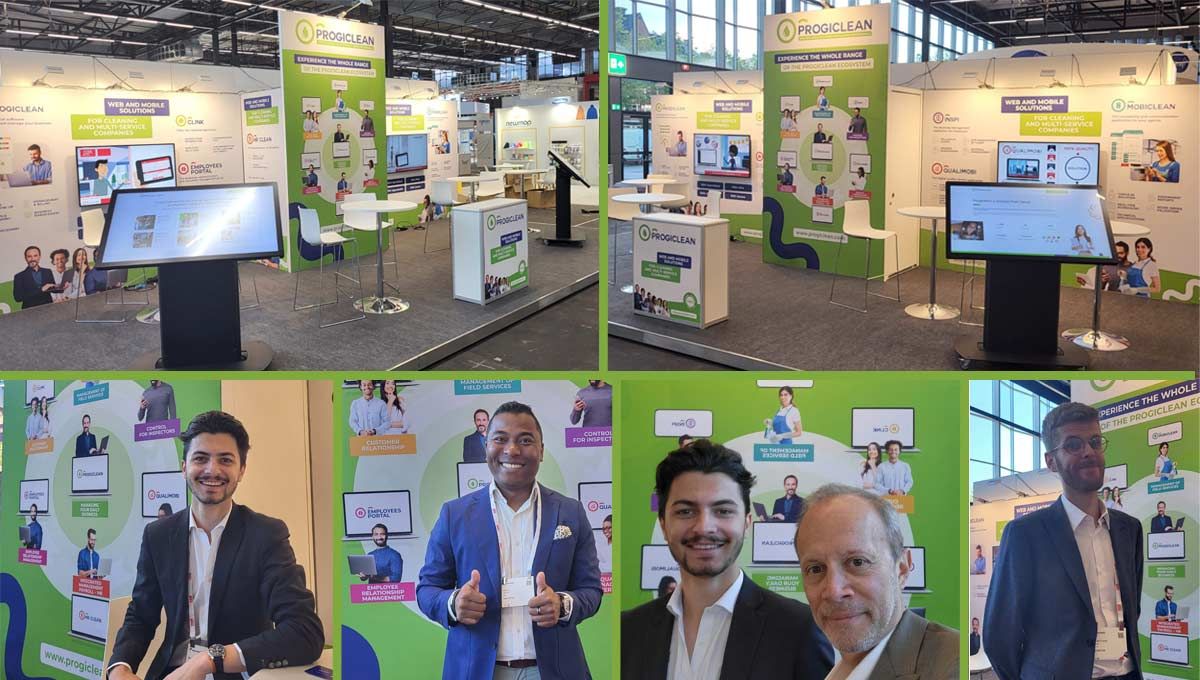Rosaly x SENEF : L’accompagnement dans la gestion financière
Dans cet article, nous aborderons les défis rencontrés par ces entreprises en matière de gestion financière et administrative. Mais également comment cette collaboration offre des solutions efficaces pour simplifier les processus, dans le but d’améliorer la qualité de vie au travail et ainsi renforcer l’attractivité de l’employeur. Découvrez comment le partenariat Rosaly x SENEF transforme la gestion des acomptes et financière. Tout en apportant un soutien précieux aux employeurs comme aux salariés.
Les défis de la gestion des accomptes dans les entreprises de services
Pour les entreprises de services, gérer les acomptes sur salaire peut poser des défis considérables. Entre la gestion des flux de trésorerie, les contraintes administratives et les attentes des salariés, il est essentiel de trouver des solutions efficaces pour optimiser ces processus. Voici quelques problématiques courantes :
- Gestion de la Trésorerie : Avancer des acomptes peut rapidement impacter la trésorerie de l’entreprise. Surtout si les demandes sont fréquentes et imprévues.
- Charge Administrative : Le traitement des demandes d’acomptes sur salaire peut alourdir la charge de travail des équipes RH. Ce qui peut augmenter le risque d’erreurs et les retards.
- Attractivité et Fidélisation des Talents : Ne pas offrir de solutions financières flexibles peut nuire à l’attractivité de l’entreprise et affecter la satisfaction des employés.
Le partenariat Rosaly x SENEF : Une réponse innovante pour les entreprises de services
Le partenariat entre Rosaly et SENEF est conçu spécifiquement pour répondre aux besoins des entreprises de services, en apportant des solutions de gestion d’acomptes sur salaire qui améliorent significativement la qualité de vie au travail et l’attractivité de l’employeur.
Rosaly : Une solution de gestion financière pour les employés
Rosaly propose une gamme de services intégrés pour faciliter la gestion des acomptes sur salaire :
- Acomptes sur Salaire via Application : Les employés peuvent facilement demander des acomptes via l’application Rosaly. Sans que l’entreprise ait à avancer la trésorerie. Rosaly prend en charge cette avance.
- Simulateur d’Aides Sociales : Un questionnaire rapide de 5 minutes permet aux employés de vérifier leur éligibilité à plus de 1000 aides sociales. Ce qui les aident à optimiser leurs ressources financières.
- Planification et Gestion RH : Rosaly offre des outils pour la planification des prestations. Mais également la gestion des ressources humaines et des paies. Ce qui facilite ainsi le travail des équipes administratives.
- Mes Experts : Les employés peuvent consulter des Conseillers en Economie Sociale et Familiale (CESF). Dans le but d’obtenir des conseils personnalisés et gérer au mieux leurs finances.
Les bénéfices de l’accompagnement Rosaly x SENEF pour les entreprises de services
Amélioration de la qualité de vie au travail
En offrant la possibilité de demander des acomptes sur salaire facilement et rapidement, les entreprises de services peuvent considérablement améliorer la qualité de vie au travail. Les employés bénéficient d’une plus grande flexibilité financière, ce qui réduit leur stress et améliore leur bien-être général.
Attractivité et fidélisation des talents
Proposer des solutions innovantes. Comme celles offertes par Rosaly et SENEF qui peut constituer un atout majeur pour attirer et fidéliser les talents. Dans un marché du travail compétitif, la possibilité d’accéder à des acomptes sur salaire et de bénéficier d’une gestion financière simplifiée est un réel avantage. En effet cet avantage peut faire la différence lors du recrutement.
SENEF : Expertise et compréhension des problématiques des entreprises de services
Le partenariat entre Rosaly et SENEF est une réponse efficace aux défis spécifiques des entreprises de services. Que ce soit en matière de gestion des acomptes sur salaire, qu’en améliorant la qualité de vie de ses salariés. En simplifiant les processus administratifs et en offrant des solutions financières flexibles, cette collaboration améliore la qualité de vie au travail des employés. Elle renforce également l’attractivité des entreprises. Pour les entreprises de services souhaitant optimiser leur gestion des acomptes et attirer les meilleurs talents, Rosaly x SENEF est la solution idéale pour la gestion financière.
Si vous souhaitez avoir plus d’informations, vous pouvez nous joindre ici.









